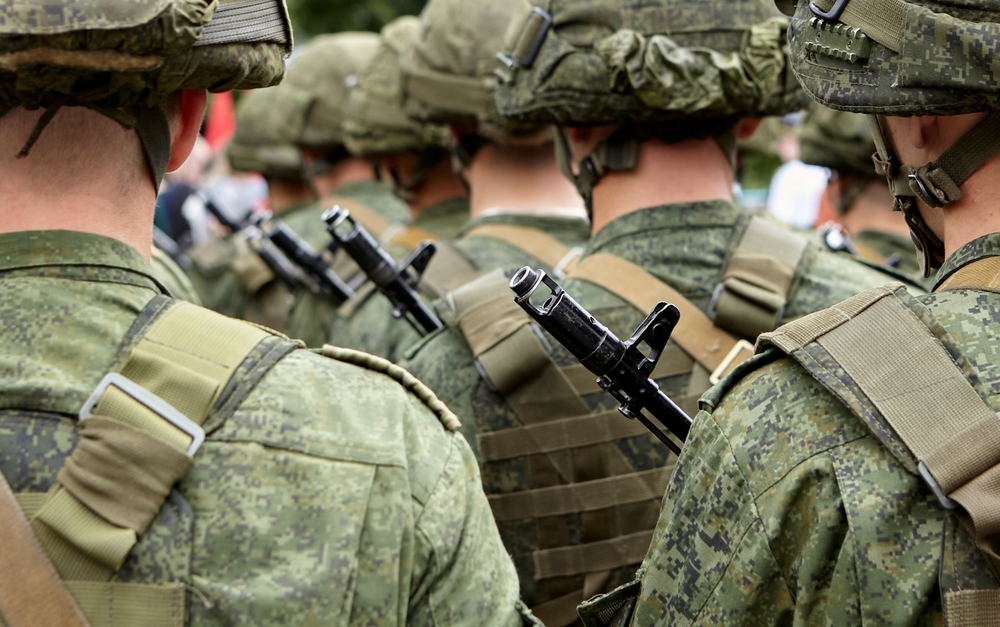Here’s his take on how it will end.
Others are reading now
Samuel Charap is not just anyone; he’s a senior analyst at the RAND Corporation and a former advisor to U.S. President Barack Obama.
Known for his insightful analyses, Charap was part of a team that predicted Russia’s invasion of Ukraine in late February 2022, which indeed happened on February 24.
Now, he has a theory on how the conflict will conclude.
Also read
A different kind of ending
Charap recently appeared on the Danish TV 2 program ‘Lippert,’ where he shared his views on the war’s likely end.
Contrary to popular belief, he doesn’t anticipate a decisive victory for either side on the battlefield. Nor does he expect a formal peace agreement to be reached.
Instead, Charap suggests a model similar to the one that ended the Korean War, where North and South Korea remain separated by a demilitarized zone in an unresolved conflict.
The unlikely peace agreement
Given the intense hostility that has grown during the war, Charap believes that a formal peace agreement is unlikely.
He suggests that a ceasefire could be established without either side agreeing on an international border.
This could involve drawing a line from Belarus in the north through eastern Ukraine, where the current fighting is taking place, and then implementing a ceasefire.
Willingness to negotiate
For a long time, both sides have refused to negotiate. Ukrainian President Volodymyr Zelensky has repeatedly stated that negotiations will only begin once Russia is expelled from Ukrainian territory, including the Crimean Peninsula.
However, Russian President Vladimir Putin recently indicated that Russia is ready to negotiate if Ukraine lifts its law prohibiting peace talks with Russia.
Would you agree with Charap’s prediction on how the war will end? Could a demilitarized zone be a viable solution? What do you think it would take for both sides to come to the negotiating table?


